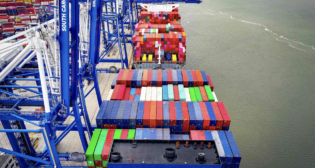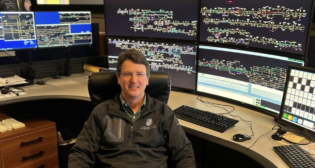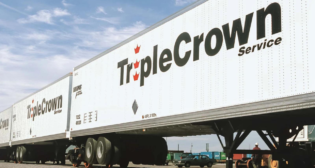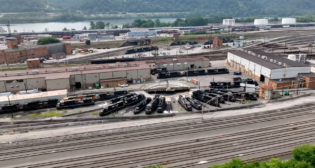
STB’s ‘Marty Party’ Targets Rail CEOs
Written by Frank N. Wilner, Capitol Hill Contributing Editor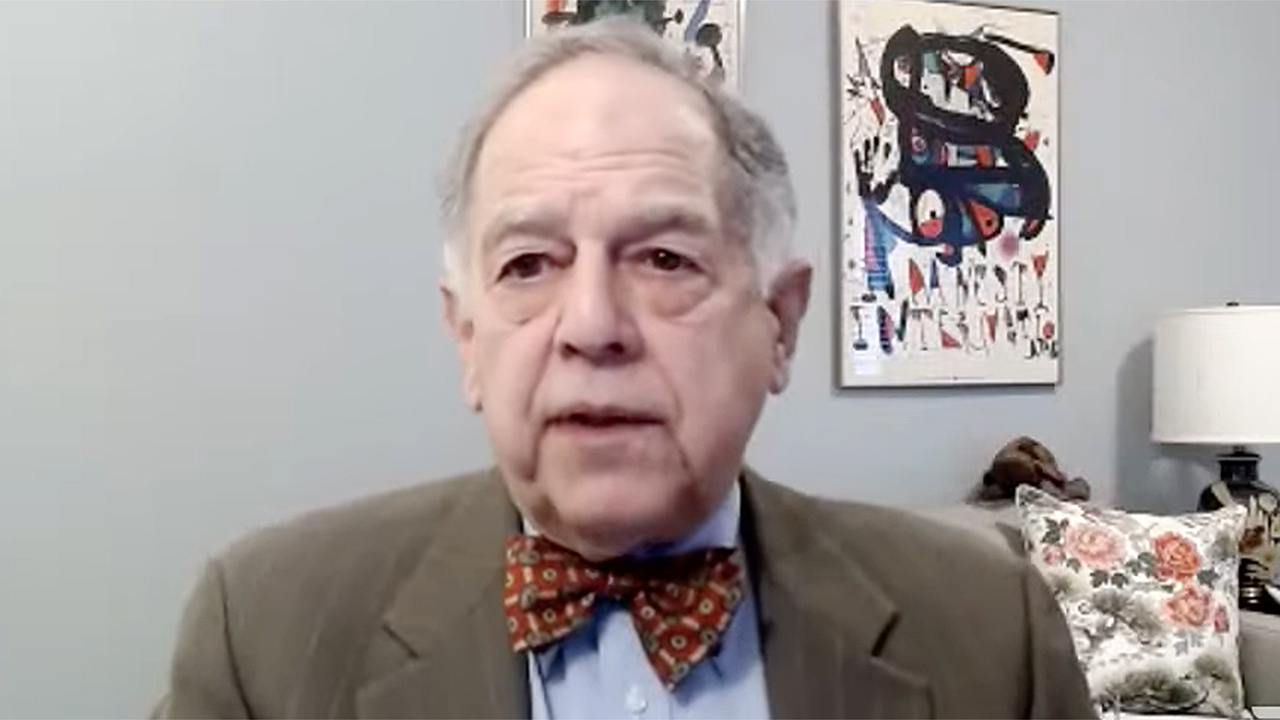
STB Chair Martin Oberman
Call it a “Marty Party” scheduled for April 26-27 at which CEOs of the four largest U.S.-headquartered railroads will be placed as frogs on a lily pad in a lake of pain to be grilled as suspects in the offense of failing to provide adequate service to shippers.
The Marty is Surface Transportation Board (STB) Chairperson Martin J. Oberman. The party will follow his command—not invitation—that CEOs of BNSF, CSX, Norfolk Southern (NS) and Union Pacific (UP) appear for STB interrogation on the impact on rail service of employee reductions, implementation of Precision Scheduled Railroading (PSR) and pursuit of lower operating ratios. Although other railroads have been invited to participate at their pleasure, this is a kettle of fish they may well choose to avoid.
Rather than conduct the hearing electronically via Zoom, as has been the case the past two years owing to pandemic concerns, it will be conducted in formality at the STB’s hearing room in Washington, D.C., with the CEOs directly facing Oberman and the other four STB members.
It’s a gutsy move for this former Chicago Democratic pol—once a city alderman—but it won’t be Oberman’s first bare-knuckles fisticuffs. As Chief Legal Counsel to the Illinois Racing Commission and Chairman of Chicago’s Metra, he is credited at both agencies with cleaning up improper conduct. This go-round may result in fewer huzzahs, proving Oberman to be a one-time STB Chairperson and member.
Indeed, railroad CEOs don’t take lightly to hostile questioning (BNSF’s relative newbie Kathryn M. Farmer, perhaps an exception, as will be explained). They typically prefer their legions of in-house and outside legal counsel and lobbyists, and amenable front groups (strong on theory, far less so on facts) and public relations operatives, to do their official Washington bidding. They mostly limit their private-jet Capitol Hill visits to carrying checks supporting congressional and Presidential political campaigns and attending Association of American Railroads (AAR) Board meetings.
Make no mistake that railroad political contributions not only influence the content of legislation affecting railroads, but determine key Presidential nominations and renominations, such as those to the STB. Since his January 2019 arrival at the STB, however, Oberman has demonstrated the same “what, me worry?” spirited determination as when he bucked the Chicago Democratic machine as a Democratic city council member.
In a formal rulemaking identified as Docket Ex Parte No. 770, Urgent Issues in Freight Rail Service, Oberman is igniting a revolution of sorts, and “a revolution is not a dinner party,” as Chairman Mao proved. For sure, under Oberman, times have been a changing. During the previous four decades since railroads were partially deregulated by Congress as to rates and practices (the 1980 Staggers Rail Act), Oberman’s predecessors barely paid lip service to shipper informal or formal entreaties. Railroads have similarly held at bay shipper attempts at legislative redress.
And this is not a one-and-done for Oberman, either. Separately, he is pursuing a long-dormant STB rulemaking into whether railroads should be subject to competition at sole-served shipper facilities where the shipper lacks effective transportation alternatives to a single railroad—the remedy being reciprocal switching.
In announcing the upcoming hearing, Oberman criticized railroads for “lowering their operating ratios and satisfying their shareholders even at the cost of customers.”
“Over the past six years,” he said, “the Class I’s collectively have reduced their work force by 29%. In my view, all of this has directly contributed to where we are today—rail users experiencing serious deteriorations in rail service because, on too many parts of their networks, the railroads simply do not have a sufficient number of employees.”
Oberman said the STB has “received reports from the Secretary of Agriculture and other stakeholders about the serious impact of these service trends on rail users, particularly with respect to shippers of agricultural and energy products. These reports have been validated by the Board’s weekly rail service performance data. For these reasons, the Board has determined that the service issues may have reached the level that requires action [and] the Board expects the railroads to explain the actions they will take to fix these issues.”
“The Board,” Oberman said, “will also consider stakeholder views on how it can use its authority … to ameliorate problems on the network.”
Although Railway Age Editor-in-Chief William C. Vantuono, in the April 2022 print edition of Railway Age, described some previous railroad public responses to shipper service concerns as “euphemistic, corporate-speak statements that basically say nothing,” he singled out BNSF’s Farmer “for providing a detailed statement, an explanation that actually said something.” Ears will be tuned to Farmer at the upcoming hearing to see whether she sets a bar for fellow CEOs.
A majority of shipper complaints cite longer railcar cycle times, less efficient use of railcars, resulting plant shutdowns, and excessive accessorial charges such as demurrage imposed for what shippers consider railroad-caused problems. PSR is most often cited as a core problem by rail labor organizations as well as shippers. While PSR has been described by railroads as doing “more with less,” former STB Chairperson Ann D. Begeman described it as “doing less with less,” although the STB at the time took no action.
No matter the intent of the upcoming hearing or the questions asked and responses given, the crucial question is what will occur beyond a tongue lashing expected from Oberman. The answer lies in conditions attached (assuming approval) to pending merger decisions and the outcome—albeit not expected before early 2023—of the reciprocal switching rulemaking.

How optimistic are shippers? They are accustomed to delay and no stranger to railroad expertise at creating delay through regulatory and judicial appellate procedures. They also know that no matter Oberman’s resolve, he requires two other votes on the five-person STB to succeed.
Railway Age Capitol Hill Contributing Editor Frank N. Wilner is a former Assistant Vice President for Policy at the AAR; a former Chief of Staff at the STB; a former President of the STB bar association; and author of seven books on railroad economics, history, labor and public policy.
